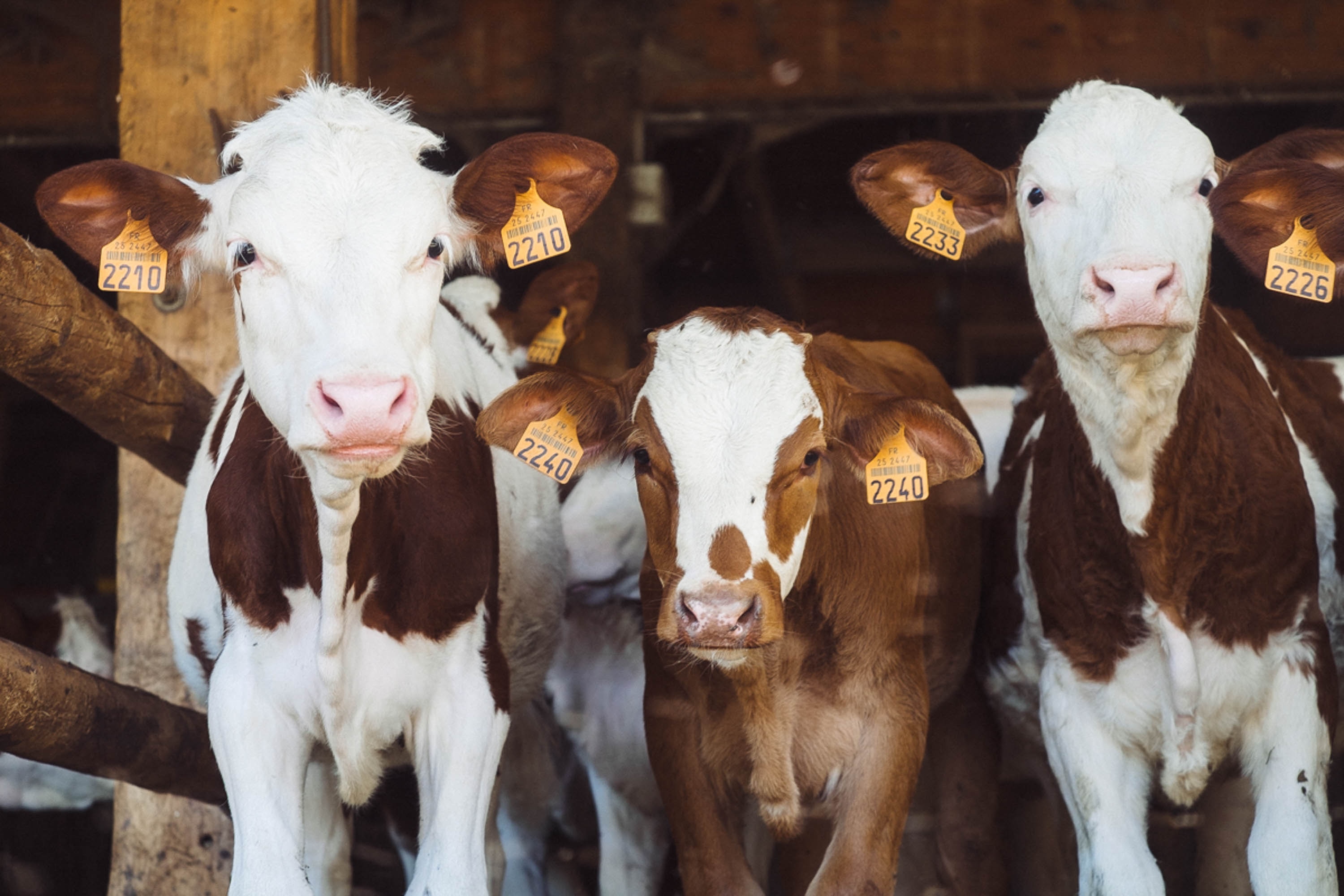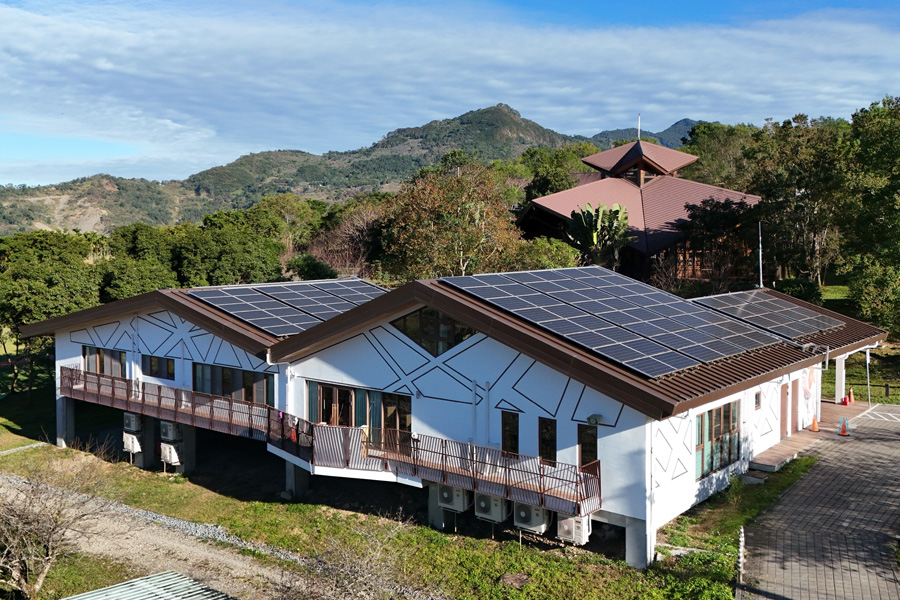As the holidays approach, are you planning to feast on meat? When considering carbon emissions, the food we eat is often overlooked compared to clothing, housing, and transportation. A recent study by Oxford University provides further evidence of the impact of food on greenhouse gas emissions.
How much carbon is emitted by a meat-based meal versus a vegetable-based meal?
The University of Oxford study found that an individual who shifts from being a meat-eater to following a diet with reduced animal-based food has a carbon reduction impact equivalent to taking 30 cars off the road. How much lower are the carbon emissions of a plant-based diet compared to an omnivorous diet?
According to a BBC report, this study analyzed data from 55,000 participants and found that, for an adult who needs about 2,000 calories per day, the average carbon emissions from different dietary patterns are as follows:
- High meat-eaters, who consume over 100 grams of meat per day, produce an average of 10.24 kilograms of carbon emissions.
- Low meat-eaters, who consume approximately 50 grams of meat or less per day, produce an average of 5.37 kilograms of carbon emissions.
- Fish-eaters produce 4.74 kilograms of carbon emissions.
- Vegetarians produce 4.16 kilograms of carbon emissions.
- Vegans can reduce their carbon emissions to as low as 2.47 kilograms.
This data clearly demonstrates that the dietary habits of meat-eaters contribute to carbon emissions that are two to five times far higher than those of individuals with other dietary habits. A high meat-eater can reduce about 5 kilograms of carbon by adopting a low-meat diet for one meal, which is equivalent to reducing the carbon emissions of 30 cars on the road; each car with one passenger produces about 0.17 kilograms of carbon emissions per kilometer, showing the impact of diet on the environment.

The study found that a meat-loving individual can reduce carbon emissions by an amount equivalent to removing 30 cars from the road, simply by reducing meat consumption in one meal. (Image source: Yuhan Du/Unsplash)
Why is there such a huge difference in dietary patterns?
Why does a high-meat diet generate a lot of carbon emissions? let's start at the farm, the first stage of the journey from farm to table. According to the BBC, a study published in Nature Food in 2021 has revealed that one-third of global carbon emissions are generated by food production processes. Recent research from the University of Oxford in 2023 has also revealed a significant correlation between animal-based food and carbon emissions. Furthermore, it also affects land use, water resources, and biodiversity. This study is the first to comprehensively analyze the environmental impact of different dietary types.
Meat production has been a constant presence throughout history. The current issue of climate change cannot be attributed solely to just raising a few more cows. The problem is not entirely about livestock farming, but the homogenization of dietary culture: the trend of everyone wanting the same types of food. The advantage of high homogeneity is being able to enjoy American hamburgers in Taiwan. However, it also leads to a relatively uniform global food demand. In fact, this is not limited to the place of origin. Every step, from farm to table, generates varying levels of carbon emissions. When people consume a meal with a large amount of meat, such as a steak or chicken cutlet larger than the size of a palm, or a double main course boxed meal, the carbon footprint is already established.
The impact of the livestock farming on Earth should not be underestimated. It is important to consider not only the land used for raising livestock, but also the loss of species caused by the expansion of livestock farming, as well as the water usage and pollution from irrigation. However, the CEO of the British Meat Processors Association argues that this report overlooks the carbon emissions generated by the livestock production may also be absorbed by natural environments, such as grasslands, trees and hedgerows.

The livestock farming affects the Earth through various factors, including breeding, land utilization, water resources, and water pollution. (Picture source: Annie Spratt/Unsplash)
Social trends make it difficult to reduce meat-heavy diets
Although it is often perceived as a diet high in meat, a closer examination of its definition reveals that it specifically refers to meat weighing more than 100 grams. Interestingly, this amount falls within the recommended range of 3 to 8 servings of meats and protein per day, as outlined in the government’s “Daily Dietary Guidelines”. Moreover, the dietary survey in Taiwan indicates that a significant majority of people in the country consume an excessive amount of protein food, meaning that a heavy meat-eating pattern is prevalent among our population. In fact, eating a typical burger or a sizeable chicken cutlet is equivalent to consuming 100 grams of meat.
Changing such dietary patterns is challenging due to our social environment. The public is aware of the importance of reducing the consumption of refined pastries, sugary beverages, processed foods, and other dietary forms. Most of us also practice moderation when consuming these foods. On the other hand, there is a common misconception regarding the necessity of “high protein intake” for weight loss and preventing sarcopenia , as well as the effects of whey protein on muscle strength training, which can result in excessive consumption instead.
What are the health implications of switching diet?
A few years ago, I attended the Asian Congress of Dietetics (ACD) in Taiwan and conducted an analysis to determine the healthiest vegetarian diet for the human body (that “healthy” in this context generally refers to longevity and disease prevention), and I concluded that a pescatarian diet was the most beneficial. [1]
From a registered dietitian’s perspective, I have analyzed the benefits of pescatarian diets and vegetable-based diets. Although fish-based diet is rich in nutrients like DHA and EPA, there is a potential food safety concern due to the risk of heavy metal accumulation in large fish. On the contrary, a vegan diet can potentially result in long-term nutritional deficiencies or a deficiency in essential nutrients like B6, B12, and others.
Irrespective of the diet types, it is crucial to prioritize the rotation of ingredients and ensure their nutritional value. For anyone with concerns, it is recommended to seek an evaluation from a dietitian. While it may not be feasible to strictly follow a less-meat diet, incorporating occasional vegan meals, consuming fish and vegetarian products from time to time, and including dairy and egg products in moderation can still have positive impacts on both our health and the environment.

The public often overlooks the carbon emissions associated with food, clothing, housing, and transportation. However, changes in diet can make a real difference for our planet. (Image source: Anna Pelzer/Unsplash)
Footnotes:
[1] Pescatarian Diet is a dietary pattern that primarily relies on seafood, especially fish, as a source of protein.
References:
1. Nature Food (2023) Vegans, vegetarians, fish-eaters and meat-eaters in the UK show discrepant environmental impacts https://www.nature.com/articles/s43016-023-00795-w
2. BBC (July 20, 2023) Eating less meat ‘like taking 8m cars off road’ https://www.bbc.com/news/science-environment-66238584
3. From the udn.com (July 21, 2023) According to the latest study by Oxford, meat-loving individuals can reduce carbon emissions by an amount equivalent to taking 8 million cars off the road by eating less meat. https://udn.com/news/story/6812/7315078
4. Science Media Centre (July 20, 2023) expert reaction to study looking at vegan, vegetarian, fish and meat diets in the UK and environmental impacts https://www.sciencemediacentre.org/expert-reaction-to-study-looking-at-vegan-vegetarian-fish-and-meat-diets-in-the-uk-and-environmental-impacts/
This article is reproduced from the Low-Carbon Living Blog, a joint project of the Delta Electronics Foundation for Education and Culture and the Taiwan Environmental Information Association.

















